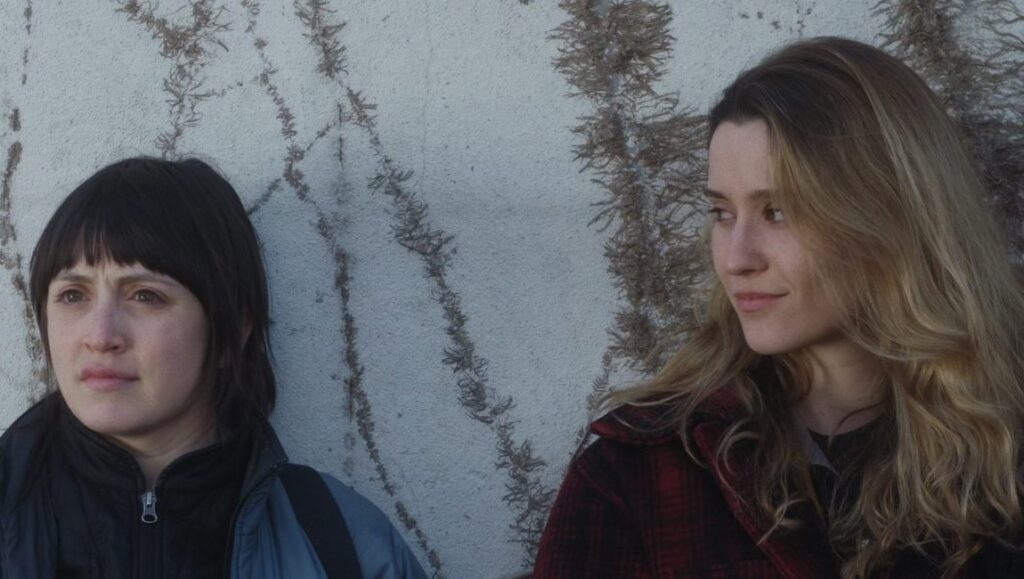With Fourteen, Dan Sallit continues to prove his skill as a masterfully rhythmic writer and purveyor of low-key humanism.
Audiences aren’t exactly suffering from a dearth of small scale indie dramas these days; after all, there’s a reason ‘Sundance-approved’ is frequently used as a pejorative designation rather than a descriptor. Dan Sallitt‘s new film, Fourteen, is a bracing example of this oft-tedious genre done right. As critic Steve Erickson has pointed out, Sallitt has dedicated different films to both Eric Rhomer and Maurice Pialat, and Fourteen represents a kind of synthesis between these two otherwise contradictory influences, simultaneously tender and incisively cutting. Tracing the tumultuous friendship of Mara (Tallie Medel) and Jo (Norma Kuhling) over the course of roughly a decade, Sallitt uses keen, subtle observation and frequent, sometimes brutal ellipses to document the gradual unraveling of the relationship. Mara is the stable friend, a teacher’s aide who is going to grad school and writes fiction in her free time. Jo is the free-spirited wild child, a social worker who wants to do good but keeps losing jobs and is prone to mood swings. Fourteen revels in the quotidian, fleshing out the details of this friendship through the accumulation of everyday incidents, constructing moments out of small gestures and body language (truly, Medel and Kuhling are remarkable performers). Mara and Jo go to bars, talk about work, and meet each other’s significant others.
Sallitt’s true gift is in capturing the rhythm of casual, unaffected conversation and how it can obliquely reveal character — the highly stylized writing and directing here is all the more remarkable for not calling attention to itself. It is only gradually that we realize time is marching inexorably forward, as a new boyfriend pops up, someone has a new hairstyle, another job is lost, or a character finds out they’re pregnant. At one point Mara mentions that she hasn’t seen Jo in several weeks, the first real indication of how much time has elapsed with a simple edit. Sallitt makes the viewer retroactively reassess certain scenes, crafting confrontations or revealing new information, and then relying on the audience to make sense of it. The film builds to a pair of emotional climaxes, spaced years apart within the narrative proper. In the first, Jo breaks down and reveals a desperately self-aware understanding of her tumultuous psyche, trying and failing to self-diagnose where exactly her mind betrayed her. In the second, Mara is telling her own young daughter exactly how she and Jo met back in middle school. Eventually, Jo and Mara meet again (a chance encounter that happens all the time in big cities) in an excruciating scene that will be familiar to anyone who’s lost contact with a once-close friend. They exchange pleasantries, then part with promises to get together soon and keep in touch. And while the gesture seems genuine enough in the moment, we know it will never come to pass. As in life, tragedy soon follows, and while it’s not exactly a surprise, it’s still a gut punch. Sallitt ends the film with a tearful apology, turning the film into a portrait of quietly devastating regret. Life goes on, and we carry on.
Published as part of May 2020’s Before We Vanish.


Comments are closed.